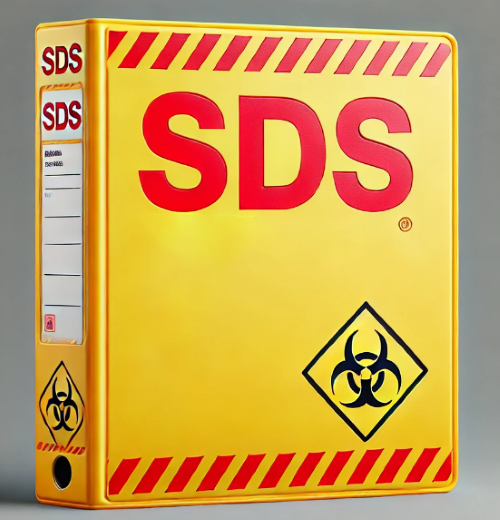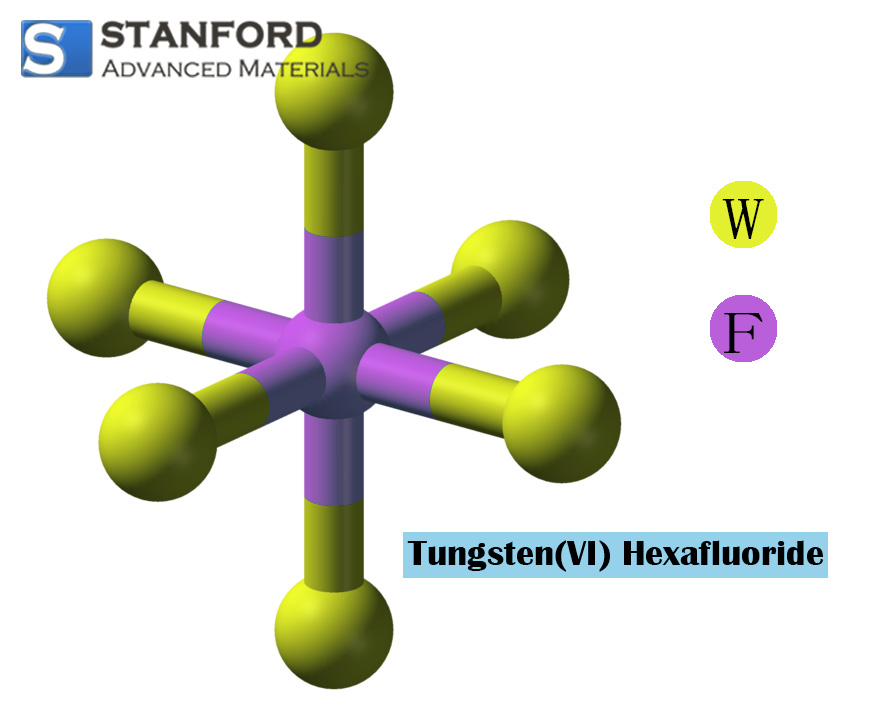Material Safety Data Sheet of Lanthanum Oxide
1. Product Identification
Synonyms: Lanthanum Trioxide; Lanthanum Sesquioxide
CAS No.: 1312-81-8
Molecular Weight: 325.82
Chemical Formula: La2O3
2. Composition/Information on Ingredients
Ingredient: Lanthanum Oxide
CAS No.: 1312-81-8
Percent: 100%
Hazardous: Yes
3. Hazards Identification
Inhalation: Not expected to be a health hazard via inhalation. May cause irritation to the respiratory tract. Symptoms may include coughing and shortness of breath. Other symptoms may parallel those from ingestion.
Ingestion: Not expected to be a health hazard via ingestion. May cause headache, malaise, chills, fever, nausea, muscle pains, abdominal cramps, and hemoglobinuria (free blood in the urine).
Skin Contact: Not expected to be a health hazard from skin exposure. May cause slight irritation.
Eye Contact: May cause irritation, redness, and pain. May cause conjunctivitis or corneal damage.
Chronic Exposure: Repeated exposure may cause symptoms similar to those listed for acute effects.
Aggravation of Pre-existing Conditions: No information found.
4. First Aid Measures
Inhalation: Remove to fresh air. Get medical attention for any breathing difficulty.
Ingestion:
If swallowed, give several glasses of water to drink to dilute. If large amounts were swallowed or symptoms occur, get medical advice. Never give anything by mouth to an unconscious person.
Skin Contact: Wash the exposed area with soap and water. Get medical advice if irritation develops.
Eye Contact: Immediately flush eyes with plenty of water for at least 15 minutes, lifting upper and lower eyelids occasionally. Get medical attention if irritation persists.
Note to Physician: Consider determining blood serum hemoglobin values. Values of about 9% would be indicative of overexposure.
5. Fire Fighting Measures
Fire: This material is noncombustible.
Explosion: Not considered to be an explosion hazard. Sensitive to static discharge.
Fire Extinguishing Media: Use any means suitable for extinguishing surrounding fire. If at all posssible, avoid using water spray since this material reacts violently with water. If possible without risk, remove containers from fire area. Do not allow water runoff to enter sewers or waterways.
Special Information: In the event of a fire, wear full protective clothing and NIOSH-approved self-contained breathing apparatus with full facepiece operated in the pressure demand or other positive pressure mode.
6. Accidental Release Measures
Ventilate the area of leak or spill. Wear appropriate personal protective equipment as specified in Section 8. Spills:
7. Handling and Storage
Keep in a tightly closed container, and stored in a cool, dry, ventilated area. Protect against physical damage. Avoid dust formation and control ignition sources. Employ grounding, venting, and explosion relief provisions in accord with accepted engineering practices in any process capable of generating dust and/or static electricity. Empty only into an inert or non-flammable atmosphere. Emptying contents into a non-inert atmosphere where flammable vapors may be present could cause a flash fire or explosion due to electrostatic discharge. Isolate from incompatible substances. Containers of this material may be hazardous when empty since they retain product residues (dust, solids); observe all warnings and precautions listed for the product.
8. Exposure Controls/Personal Protection
Airborne Exposure Limits: None established.
Ventilation System: In general, dilution ventilation is a satisfactory health hazard control for this substance. However, if conditions of use create discomfort to the worker, a local exhaust system should be considered.
Personal Respirators (NIOSH Approved): For conditions of use where exposure to dust or mist is apparent and engineering controls are not feasible, a particulate respirator (NIOSH type N95 or better filters) may be worn. If oil particles (e.g. lubricants, cutting fluids, glycerine, etc.) are present, use a NIOSH type R or P filter. For emergencies or instances where the exposure levels are not known, use a full-face positive-pressure, air-supplied respirator. WARNING: Air-purifying respirators do not protect workers in oxygen-deficient atmospheres.
Skin Protection: Wear protective gloves and clean body-covering clothing.
Eye Protection: Use chemical safety goggles and/or full face shield where dusting or splashing of solutions is possible. Maintain eye wash fountain and quick-drench facilities in the work area.
9. Physical and Chemical Properties
Appearance: White to yellowish-white amorphous powder.
Odor: Odorless.
Solubility: Insoluble in water.
Density: 6.51 at 15C (59F) 5.87 at 25C (77F)
pH: Alkaline
% Volatiles by volume @ 21C (70F): 0
Boiling Point: 4200C (7592F)
Melting Point: 2315C (4199F)
Vapor Density (Air=1): Not applicable.
Vapor Pressure (mm Hg): Not applicable.
Evaporation Rate (BuAc=1): No information found.
10. Stability and Reactivity
Stability: Lanthanum oxide readily absorbs carbon dioxide from the air.
Hazardous Decomposition Products: None reported.
Hazardous Polymerization: Will not occur.
Incompatibilities: Lanthanum oxide is incompatible with chlorine trifluoride and water. It reacts violently with water, vigorously producing heat, accompanied by a hissing action.
Conditions to Avoid: Avoid excessive dust generation and contact with incompatibles. Avoid contact with acids.
11. Toxicological Information
For Lanthanum Oxide: LD50 Oral Rat: >9968 mg/kg. Irritation Data: Eye, Rabbit, Std Draize, 100 mg, mild.
--------\Cancer Lists\---------------------------------------------------------------------------------
---NTP Carcinogen---
Ingredient: Lanthanum Oxide (1312-81-8)
Known: No
Anticipated: No
IARC Category: None
12. Ecological Information
Environmental Fate: No information found.
Environmental Toxicity: No information found.
13. Disposal Considerations
Whatever cannot be saved for recovery or recycling should be handled as hazardous waste and sent to an RCRA-approved waste facility. Processing, use or contamination of this product may change the waste management options. State and local disposal regulations may differ from federal disposal regulations. Dispose of container and unused contents in accordance with federal, state, and local requirements.
14. Transport Information
Not regulated.
________________________________________
END OF DATA SHEET
THIS MATERIAL SAFETY DATA SHEET IS OFFERED SOLELY FOR YOUR INFORMATION, CONSIDERATION, AND INVESTIGATION. STANFORD ADVANCED MATERIALS PROVIDES NO WARRANTIES, EITHER EXPRESS OR IMPLIED AND ASSUMES NO RESPONSIBILITY FOR THE ACCURACY OR COMPLETENESS OF THE DATA CONTAINED HEREIN.


